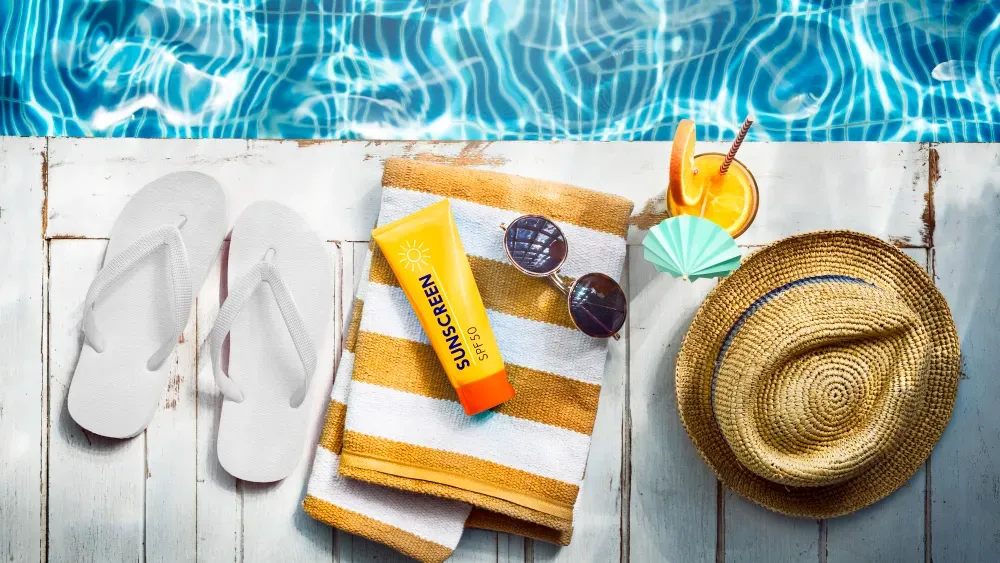Is Water-Based Sunscreen Good for Oily Skin?

EXTRA 5% OFF ON PREPAID

If you have oily skin, you know the struggle of finding the right sunscreen that won't leave your face feeling greasy and clogged. Thankfully, there are options available specifically designed for oily skin types, and one popular choice is water-based sunscreen. In this article, we will explore whether water-based sunscreen is good for oily skin and discuss some other factors to consider when choosing a sunscreen.
Let's explore what water-based sunscreens are and why they are a great option for those with oily skin. Water-based sunscreens, as the name suggests, have water as their primary ingredient instead of oils or heavy emollients. They are specifically formulated to provide sun protection without adding extra oil to the skin.
Unlike traditional sunscreens that can feel heavy and leave a greasy residue, water-based sunscreens are designed to absorb quickly into the skin, leaving behind a matte finish. This is particularly beneficial for individuals with oily skin, as it helps to control excess shine and minimize the appearance of enlarged pores.
It's important to note that water-based sunscreens still provide effective sun protection. They typically contain ingredients like titanium dioxide or zinc oxide, which are physical blockers that reflect and scatter UV rays away from the skin. These ingredients offer broad-spectrum protection against both UVA and UVB rays, shielding your skin from sun damage and reducing the risk of premature aging and skin cancer.
Water-based sunscreens have gained popularity among individuals with oily skin due to their lightweight and non-greasy formulas. Here are some of the benefits of using water-based sunscreen for oily skin:
Now that we've established the benefits of water-based sunscreen for oily skin, let's discuss how to choose the right one. Here are some factors to consider:
Water-based sunscreen can be a great choice for individuals with oily skin. Its lightweight, non-greasy formula provides the necessary sun protection without exacerbating oiliness or causing breakouts. Remember to choose a water-based sunscreen with a suitable SPF level and non-comedogenic ingredients for optimal results. With the right sunscreen, you can keep your skin protected from the sun's harmful rays while maintaining a shine-free complexion.